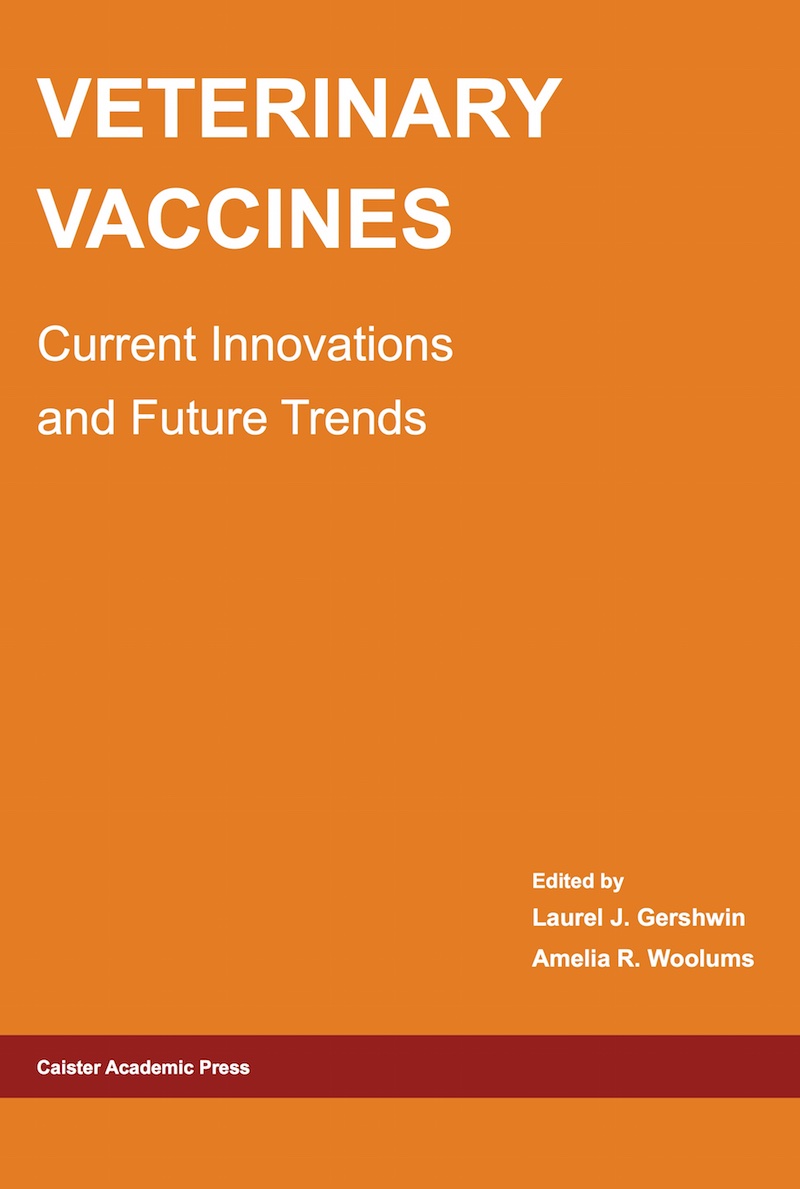Varicella-zoster Virus Pathogenesis and Latency
Leigh Zerboni and Ann M. Arvin
from: Alphaherpesviruses: Molecular Virology (Edited by: Sandra K. Weller). Caister Academic Press, U.K. (2011)
Abstract
Varicella-zoster virus (VZV) is a human alphaherpesvirus and the etiological agent of varicella during primary infection and herpes zoster upon reactivation from latency. In this chapter we describe clinical observations and experience with VZV disease in the natural human host. We present a refined paradigm for VZV pathogenesis that emphasizes the importance of VZV lymphotropism. We also present key findings in our investigations of VZV pathogenesis and latency using SCID mouse-human tissue xenografts. Experimental infection with over 100 recombinant VZV viruses containing mutations in open reading frames encoding viral glycoproteins, viral kinases, regulatory proteins and as well as promoter elements has revealed tissue-specific requirements for VZV gene motifs and promoter elements for replication in skin, T-lymphocytes and neurons. We have repeatedly observed that replication phenotypes of VZV mutants in cultured cells are not predictive of behavior within differentiated intact tissues under physiological (in vivo) conditions. These observations underscore the importance of in vivo investigations in identifying molecular mechanisms of VZV pathogenesis. These experiments provide insight into VZV interactions with human host cells and have potential relevance in the design of 'second generation' recombinant VZV vaccines read more ...



